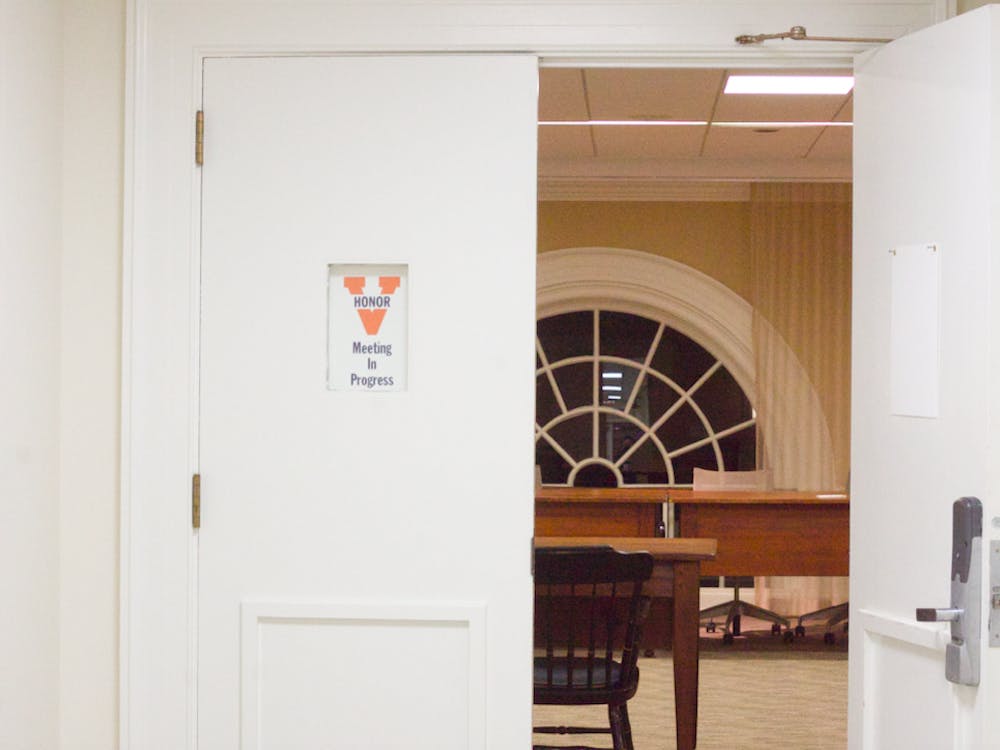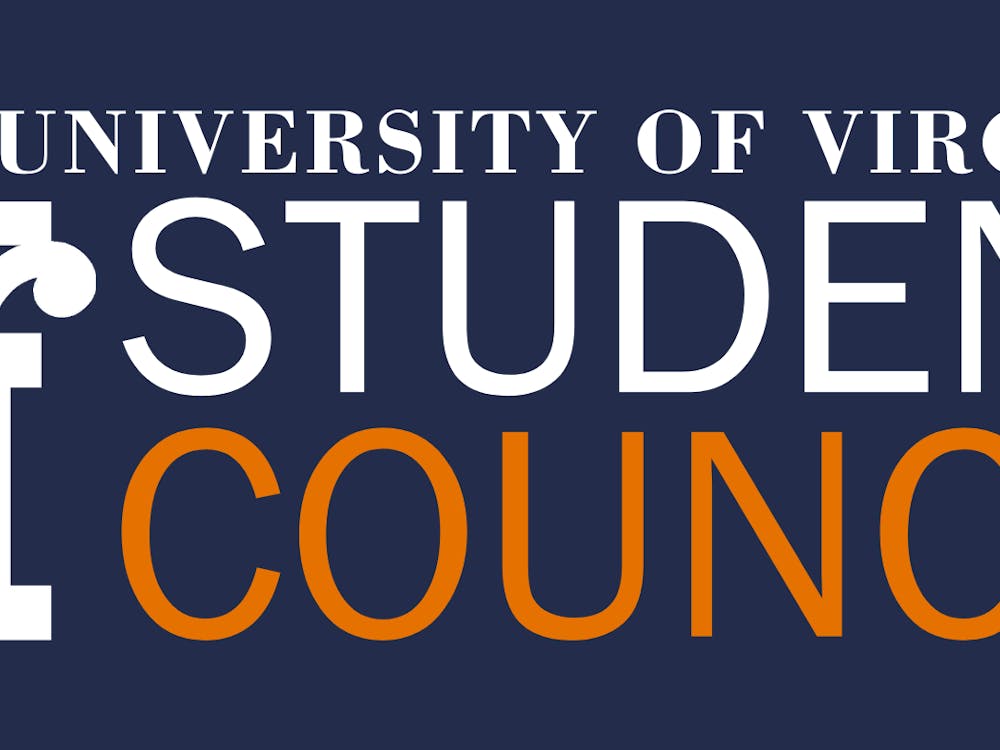This article strives to formulate a more radical understanding of Honor — both as a tradition and principle upheld by our Community of Trust. In his recent column “Reform is required,” Gray Whisnant draws attention to the stagnancy of our beloved Honor system. He states, “[W]hat Honor needs is radical thinking, not in the political sense but in the Latin meaning of the term — examining inherent or root causes of a problem.” As Whisnant suggests, these roots extend far deeper than a common struggle for fairness. In other words, instances of lying, cheating and theft are inevitable and beside the point. Instead, I argue that student apathy toward Honor stems more from a prevailing attitude at our University. By recontextualizing Honor as part of a broader, competitive and intellectual student community, we might reconsider whether the traditional system of fairness is appropriate for our current University.
I direct our attention to two key characteristics of the University community – both of which have changed drastically since 1842.
First, as Kaelyn Quinn points out in her recent article “The Competition Effect,” the University fosters an exceedingly competitive extracurricular atmosphere, and Honor is one of the most selective groups, admitting only 15 percent of its applicants. In theory, we should respect this number. The most consequential organizations should be comprised of those students most qualified for the job. But University students tend to champion prestigious benchmarks over genuine involvement. Dean Groves addresses this issue explicitly: “I fear a lot of people go out for [organizations] because they believe it’s an important box to check while they’re here.” Do members of our Honor committee perceive their organization as another box to check? If so, then those in positions to enforce our “principles” may not have achieved that power in a very principled manner.
I draw attention to a potential conflict of interest that exists by virtue of a predominant competitive attitude and the kinds of student systems it generates. While competitive spirit amongst students is not unique to our University, its effect on our Community of Trust is unique in the sense that it perpetuates a failing ethic. We must also consider the remaining 85 percent – those 238 Honor rejectees left with a bad taste in their mouth. What image of Honor will they promote across Grounds? It would seem that the competitive nature of our extracurricular atmosphere is not so conducive to the integrity of Honor’s image and procedure. The stagnancy of its institution could very well be a symptom of this reality.
The current Committee does seem to be attempting to reconnect with the broader student body. Speaking with regard to the “Everyone Is Honor” campaign, Vice Chair for Community Relations Martese Johnson asserts: “We want students at the University, regardless of what they’re involved in, to understand that Honor is as much their system as anybody else’s.” Honor may exist for the integrity of our community, but how can students appreciate Honor as “their system” when the system by virtue of its competitive environment alienates itself from the student body? Johnson says the goal is to “make Honor fun,” but interviews, student panels and T-shirts are an insufficient approach to change Honor’s image as another exclusive and prestigious benchmark.
Second, we are all members of a rigorous intellectual community that has progressed significantly since the mid 19th century. So it seems reasonable that Honor — like any institution of justice — should be held accountable for a high standard of intellectual rigor. Chelsea Jack, University alumna and a research assistant at The Hastings Center, devoted her fourth-year thesis to addressing the tension between the truth of moral knowledge as perceived by diverse students and the truth determined through Honor’s procedures. She argues people conceive of and make claims about morality “based on social and political histories, identity, relationships, and disparities [that] make the lives of particular persons morally meaningful.” This holistic conception of moral knowledge reminds us that traditional Honor at the University is not an absolute. For instance, the Committee might implement internal mechanisms designed to ensure its activities and procedures are sensitive to alternative moral realities.
While it is crucial that we have a system of honor to enforce codes of conduct, that system must not overinflate itself. Traditional Honor is an inadequate proxy for true honor — the ever-evolving ideal of behavior as perceived by individual community members. A reformed system of procedural justice that accounts for broader community attitudes and values would be more conducive to a healthy, competitive academic environment. Therefore, the “Everyone Is Honor” campaign acts as a double-edged sword. On one hand, it promotes a much-needed coercive institution of fairness. On the other, it distances itself further by forgetting its context and by promulgating an ethically problematic language.
The goal of this piece is to flesh out what Whisnant means by “radical thinking” so we can properly address the stagnancy of our Honor system. We have to ask the question: is Honor a truly meaningful system of fairness or a tradition that subsists off of nominal reputation and self-selective biases? We live in a competitive and intellectual student community. A stronger sensitivity to both realities could profoundly influence the way we conceptualize our Community of Trust — one more favorable than the other. While the University seems to uphold Honor to the highest esteem, the promotion of the tradition as is may do more harm than good. After all, our Community of Trust exists to honor the fair development of diverse opinion — not to reinforce a culture of box checking.
Will Evans is a Viewpoint Writer.





